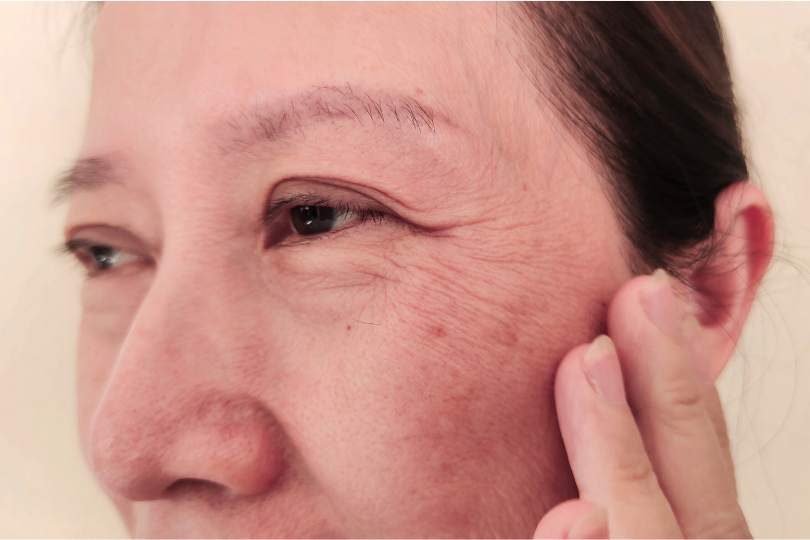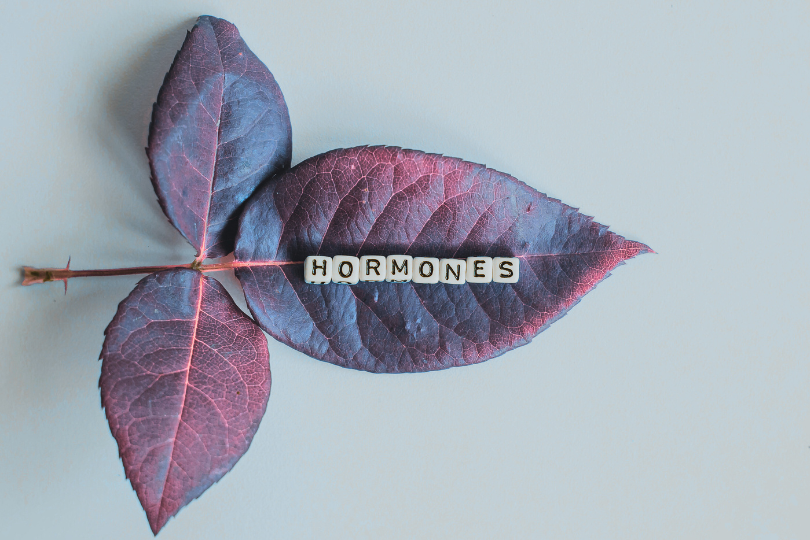Making the decision to freeze your eggs is a significant and empowering step towards owning your reproductive future. It's a path that many of us are choosing, driven by the desire to navigate our family-building timelines with autonomy and grace. Yet, this journey is far from simple—it's filled with complex decisions, emotional nuances, and profound personal significance. Having walked this path myself and guided numerous others through it, I've gained valuable insights into the common pitfalls and crucial decisions that shape the egg freezing experience. At Taylor, we've done extensive research and leveraged our position as IVF industry insiders to make this journey smoother and more informed for you.
Choosing a fertility specialist and clinic is a deeply personal decision and one of the most critical steps in your journey. It's essential to find a doctor and clinic that align not just with your medical needs, but also with your personal comfort and communication style.
Key considerations include:
Did you know that the right IVF lab can double a patient's chances of success during any IVF cycle? In egg freezing, the lab's environment, alongside the expertise of its embryologists, is critical in preserving the viability of your eggs. It's essential to consider the lab's post-thaw success rates and the qualifications of its staff, as these factors are indicative of their proficiency and the care they provide.
Another vital aspect is the lab's emergency alarm systems. These systems are essential for immediately detecting and responding to any critical condition changes, like temperature fluctuations or power disruptions. This safeguard is a testament to the lab’s commitment to egg safety and preservation, offering you additional peace of mind knowing that your eggs are stored in a facility equipped to handle unexpected scenarios.
This journey isn't just about freezing your eggs; it's about paving the way for the family you envision. Different clinics and countries offer varied approaches to IVF and family structures. Ensuring that your chosen clinic aligns with your family-building goals and understands the legal landscape is crucial.
At Taylor, we understand the importance of these considerations because we've been in your shoes. We've accumulated insights and done the legwork, so we can help you shortcut the process of finding the right provider for your egg freezing journey.
The lifestyle you lead on a day-to-day basis is a fundamental aspect of preparing your body for egg freezing. Cultivating a lifestyle that includes a balanced diet, consistent exercise, and positive habits forms a strong foundation for a successful egg freezing journey. Nourish your body with a diet rich in essential nutrients, dedicate time to managing stress effectively, and establish a regular sleep pattern. Integrating these lifestyle elements not only boosts your general health but also fosters conditions that are favourable for egg freezing, enhancing the prospects of a positive outcome.
Egg freezing is as much an emotional journey as it is a physical one. For some, it is a path that can feel quite isolating, especially when faced with societal misconceptions or subtle judgments within social circles. For many, it is a time of introspection, a period to reflect on future aspirations, singlehood, or the echoes of past relationships. And then, there are those of us for whom this decision intertwines deeply with our life's choices — perhaps a decision to prioritise building the foundations of a life where we envision bringing a child into. These reflections and decisions are deeply personal, carrying a weight that is uniquely felt.
At Taylor, we recognise the complexity of these emotions. We’re here to support, not just as professionals, but as friends who genuinely care. For moments when you need a deeper level of support, we're connected with compassionate counsellors who specialise in navigating these very emotions. Their expertise lies in guiding you gently through the waves of this journey, ensuring you never feel alone.
We believe in the power of a nurturing support network—be it family, friends, or empathetic professionals—to provide the strength and understanding you need during this significant phase of your life. In this journey, you're not just a client at Taylor; you're a valued member of a community that cherishes your emotional well-being every step of the way.
While egg freezing is a proactive measure towards preserving fertility, it's not an absolute guarantee. Factors like egg quality, health, and age at the time of freezing all play critical roles in the success of future pregnancies.
The path from frozen egg to a baby involves several steps, including thawing of the frozen egg, fertilisation, embryo development, and implantation. Statistically, about 90% of eggs survive thawing, with 50-70% likely to fertilise. Approximately half of the fertilised eggs may develop into viable embryos, and then about half of these could lead to a pregnancy. Having realistic expectations and a thorough understanding of egg freezing is essential.
It's essential to have a clear understanding of the success rates associated with egg freezing and the potential limitations. The chances of achieving a successful pregnancy with frozen eggs can vary depending on individual factors and the quality of the eggs at the time of freezing. Consulting with a fertility doctor can provide valuable insights into your specific situation.
Want to find out more? Explore our dedicated article on How Much of a Guarantee Is It?
From the moment we're born, we carry a finite number of eggs, which diminishes each month until we reach menopause. But it's not just the quantity that dwindles over time; the quality of our eggs declines as well. As we age, our eggs are more prone to chromosomal abnormalities, or errors in their DNA, which can affect fertility.
A common oversight many make is not fully recognising how crucial timing is in the context of egg freezing. Fertility experts consistently stress the advantages of preserving eggs at a younger age, ideally before 35, and best before reaching 40. Time, in this respect, is an invaluable asset; taking proactive steps early on significantly boosts the likelihood of success.
One survey study of 98 patients found that the vast majority of egg freezers showed no regret, stating that it was a good decision. But some stated that their only regret was not doing it sooner.
At Taylor, we're not just industry insiders; we're individuals who have personally navigated the complexities of egg freezing. If you’re curious about egg freezing, speak to our fertility care team who can answer your questions and help you create a plan that works for you.



If your routine suddenly feels out of step, it’s not your products, it’s your hormones. As estrogen begins to fall, the signals that keep skin strong and hydrated weaken. Dryness, breakouts, pigmentation, and slower healing start to appear, even with the same products you’ve always used. The good news: you can adapt. With smart everyday care (SPF, hydration, retinoids, vitamin C), lifestyle support (nutrition, sleep, stress), and medical options when needed (prescription treatments or hormone therapy), your skin can stay strong and healthy well into your 40s, 50s, and beyond.

No one talks about it, but perimenopause can hit in your 30s or 40s, and it’s not just about your period. Think brain fog, poor sleep, low libido. Here’s what to look out for and what you can do.

Many sexually transmitted infections can lie dormant for months or even years without symptoms. Understanding the facts — and getting tested together — can help you move forward with clarity and care.